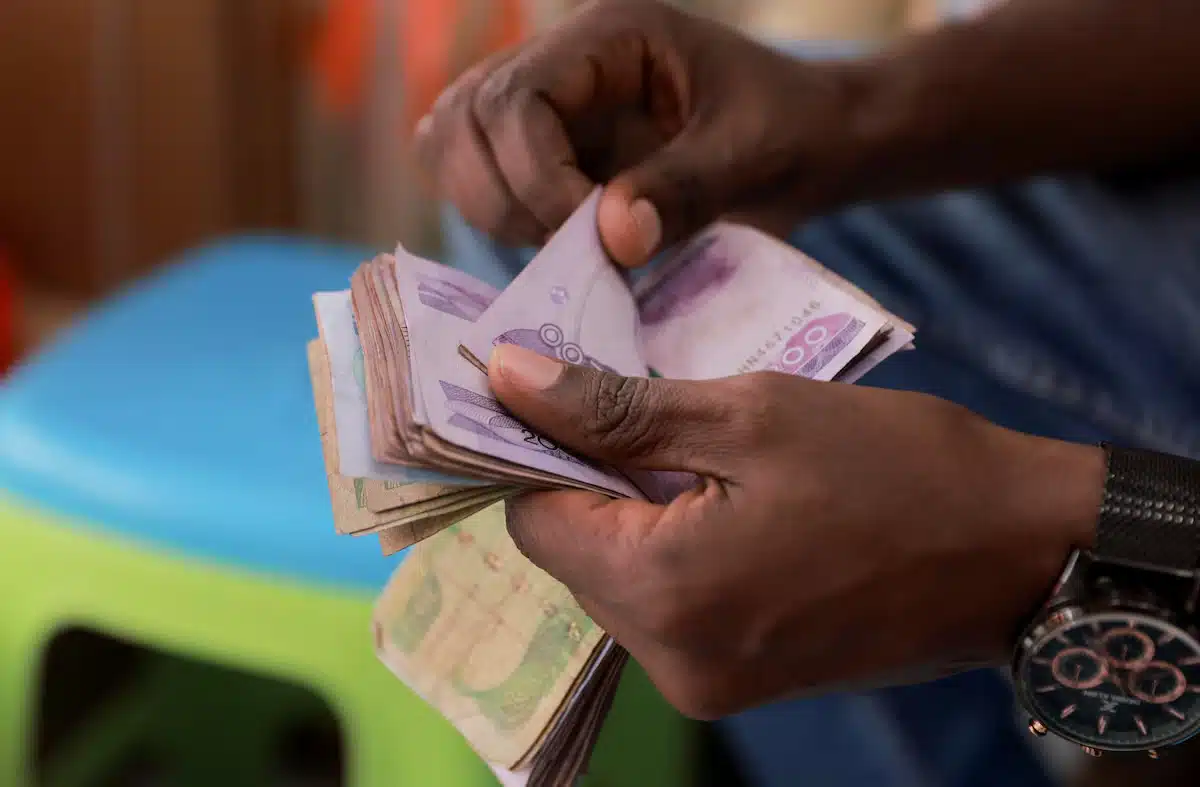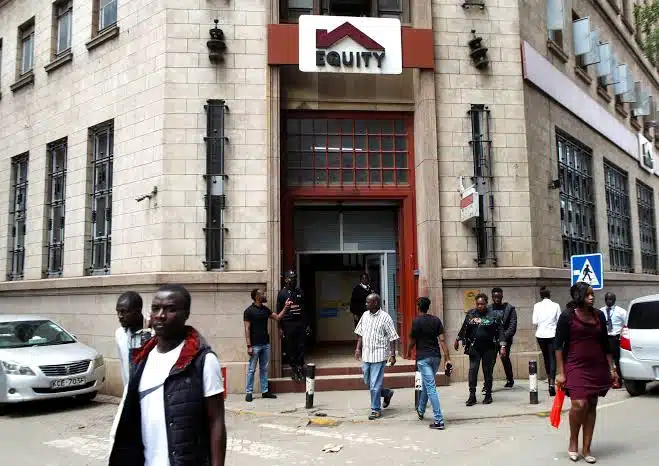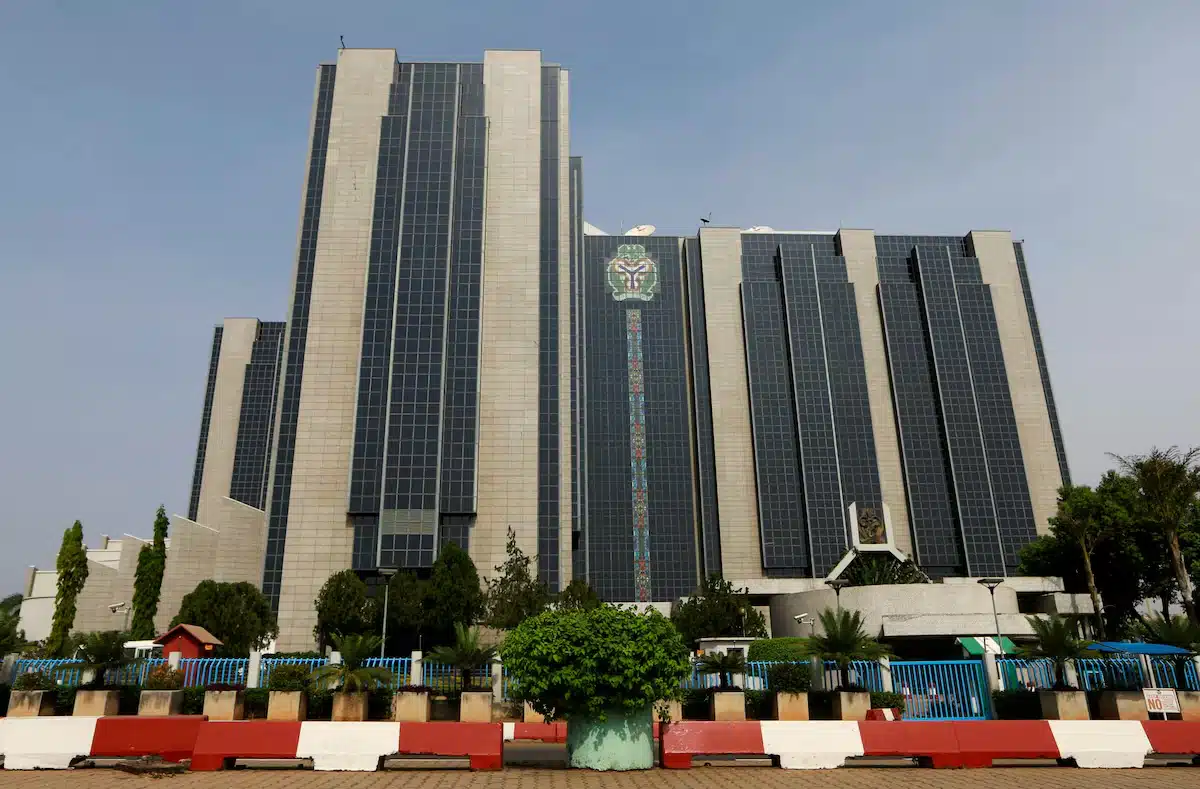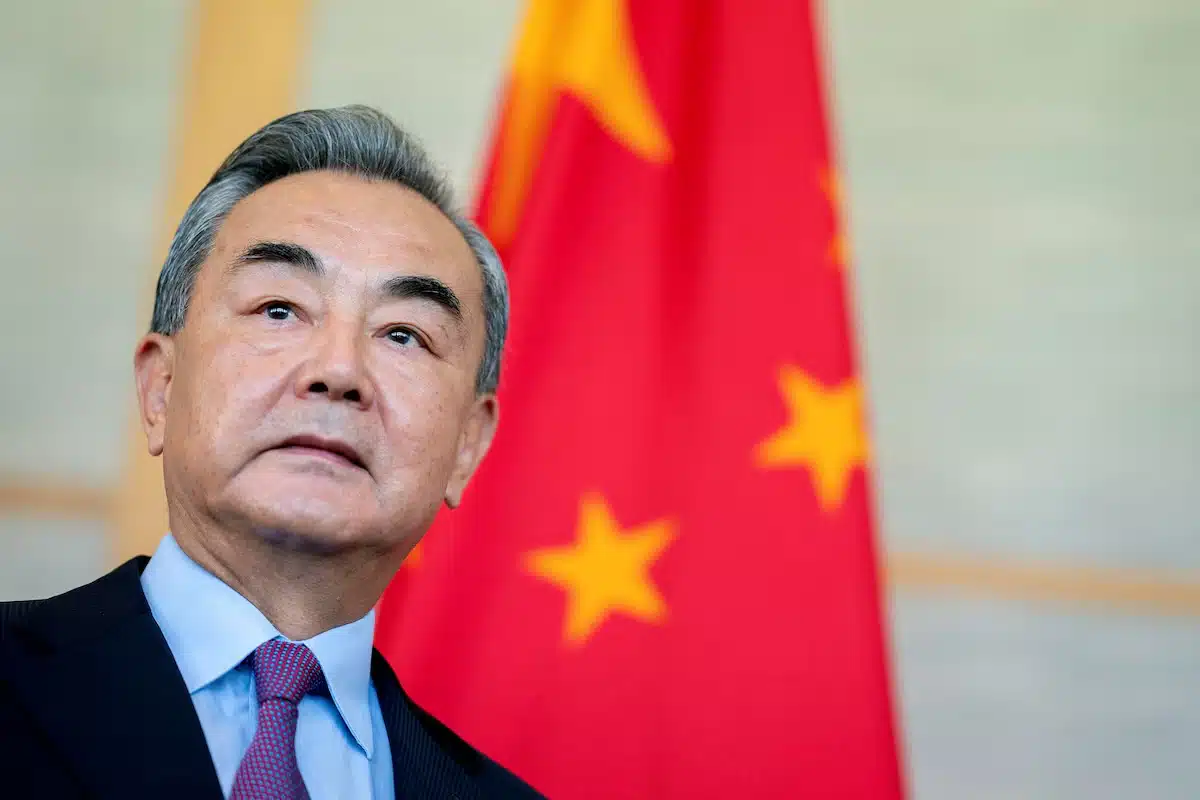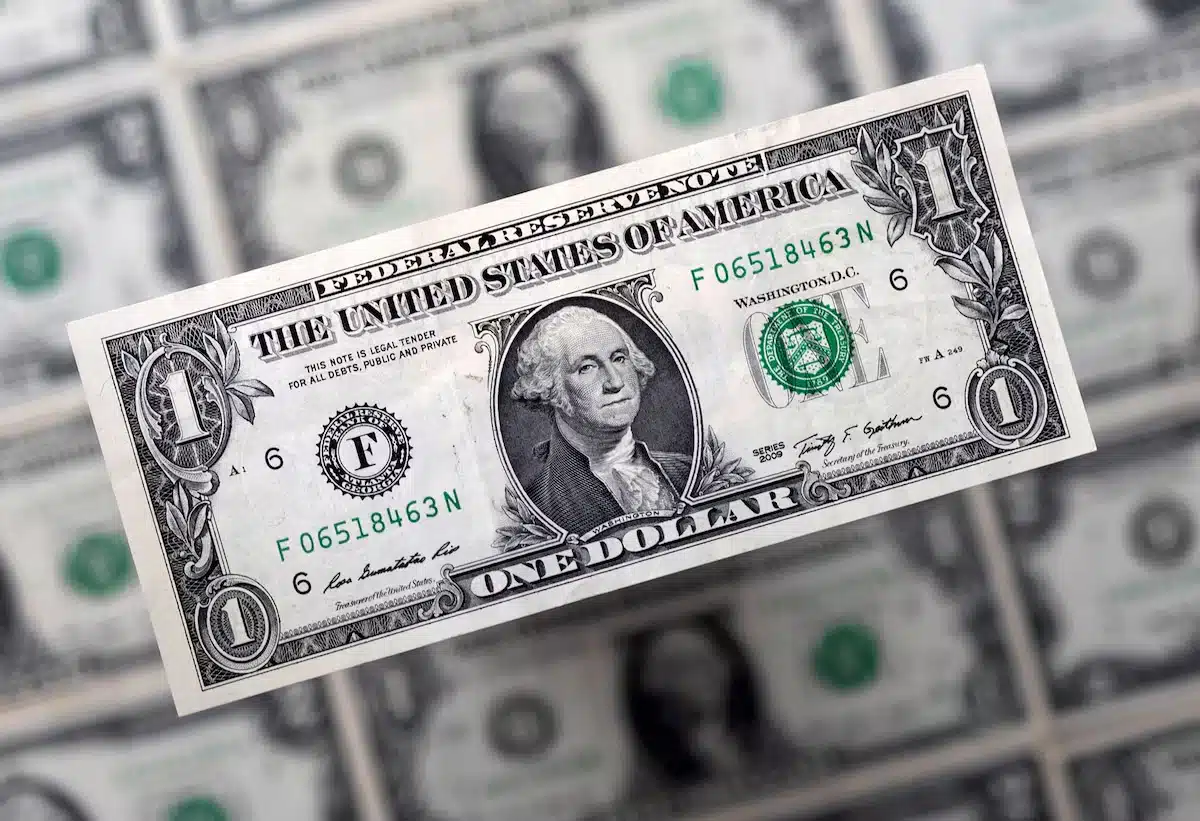The National Bank of Ethiopia (NBE) devalued the birr by 7.1% at its $150 million auction on Tuesday, setting the official clearing rate at 148.1 birr per US dollar, from 138.3 birr at the previous offering in August, local media reports.
The devaluation comes despite stronger external buffers, which the central bank said created room to supply dollars to the formal market while pursuing its price and external stability targets.
According to the NBE, 31 commercial banks participated in the session, reflecting growing demand for foreign currency and liquidity constraints.
The central bank has held ten such auctions since introducing its new trading framework in August 2024.
Indicative rates published by major lenders showed slightly firmer levels, with the state-owned Commercial Bank of Ethiopia quoting 141.10 birr for dollar purchases and 143.92 for sales, highlighting conditions in the interbank market.
The regulator has pledged to continue regular auctions, with schedules to be announced publicly in advance as part of ongoing reforms to deepen market transparency and stabilise the currency.
Official data shows foreign exchange inflows reached a record $32 billion, up 33% from the prior year driven by stronger exports of both goods and services.
Fiscal pressure deepens
The capital injection comes as fiscal uncertainty deepens over Ethiopia’s stalled Eurobond restructuring, which analysts say could complicate access to external funding.
Bondholders have begun weighing legal action after talks to reword the East African nation’s $1 billion defaulted Eurobond broke down, Reuters reported on Tuesday. Ethiopia defaulted on the bond in December 2023 after which it proposed an 18% haircut that investors rejected.
The creditor committee, which includes major firms such as VR Capital Group Ltd. and Farallon Capital Europe LLP, said its counterproposal involved a “material upfront haircut” in exchange for performance-linked payouts tied to future export earnings.
The committee described Ethiopia’s debt challenge as a liquidity issue rather than a solvency concern, citing improving macroeconomic conditions.
Meanwhile the government has insisted that its fiscal flexibility remains constrained by commitments to official bilateral creditors. It however, maintained that “substantial progress” had been made and signalled that talks could resume soon.
The setback contrasts with Ethiopia’s earlier success in renegotiating $8.4 billion of bilateral loans with partners including China and France.
Yet the failure to reach a deal with private creditors risks prolonging the country’s exclusion from international capital markets and creates a critical obstacle to unblocking its $3.4 billion programme with the International Monetary Fund.

